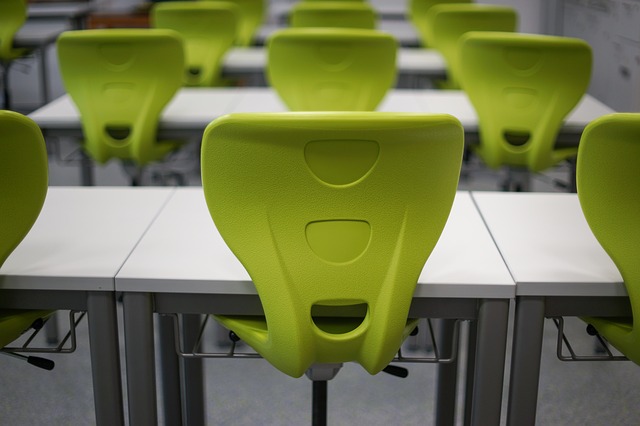
The Turnbull government argues that Australia’s national security conditions have experienced fundamental changes. These changes have been driven by the resurgence of old threats (espionage and terrorism), non-traditional national security threats (transnational organised crime) and disruptive technologies. In October 2017, the secretary of the Department of Immigration and Border Protection (DIBP), Michael Pezzullo, went even further, arguing that Australia was at risk from the ‘dark universe’ of globalisation. On the basis of these arguments, it’s clear that Australia has experienced a revolutionary change in domestic security affairs.
The Turnbull government’s position is that a revolution of such magnitude demands equally substantial changes to Australia’s domestic security arrangements. However, the government’s domestic security revolution is going to require far more than a federated home affairs portfolio. The home affairs initiative needs to be considered a long-term investment in enhancing the agility and synchronicity of the system of systems that comprises Australia’s domestic security arrangements.
Collectively, the Commonwealth and the home affairs portfolio agencies have had abundant experience of this kind of change to their operating context.
The Australian Defence Force has been dealing with revolutions in military affairs for several decades. Research, education and training have been at the heart of its responses to the dual challenge of organisational and cultural change. The establishment of joint service schools like the Australian Defence Force Academy, despite some very public failings, has contributed more to a greater sense of inter-service jointness than any structural change.
The Australian Border Force (ABF) and the newly established Department of Home Affairs (created from the DIBP) have plenty of hard-earned experience with the challenge of rapid and revolutionary organisational change.
Likewise, the Australian Federal Police (AFP) brings with it experience of implementing the lessons learned from the devastating findings of Queensland’s Fitzgerald Inquiry (Commission of Inquiry into Possible Illegal Activities and Associated Police Misconduct) and the Woods Royal Commission (Royal Commission into the New South Wales Police Service). Interestingly, in their final reports both Woods and Fitzgerald highlighted the importance of education and training in effecting cultural change. But Woods’ 1997 final report emphasised that such education and training needs to be carefully planned:
Whilst the ideals of the Police Academy and the motivation of many connected with it have been well-intentioned, delivery of police education has long risked domination by an attitude that it is by police for police, and that the broader community has little to contribute.
The message here is fairly clear: while the coordination of policy and strategy will be important, the centrepiece of the long-term success of home affairs might be an outwardly focused research, education and training strategy.
With the exception of ASPI (see here, here, here and here)—with generous support from DIBP, the AFP and the Attorney-General’s Department—and a handful of academics, little research has been undertaken in strategic studies and applied policy in law enforcement and home affairs. A portfolio research strategy could be the catalyst for a new generation of research partnerships with universities and think tanks. In the process, home affairs could leverage that collaboration to shape the undergraduate and postgraduate education of its future workforce.
There are, of course, already whispers in Canberra of a joint ABF and AFP college. While that would have some benefits, a more strategic and revolutionary solution might be required, such as the creation of a single training organisation for the whole home affairs portfolio. The underlying premise is that shared facilities are fine, but the creation of a research centre of excellence, combined with joint training and education, will be revolutionary.
A single home affairs training strategy, and dedicated facilities, would create economies of scale for the portfolio agencies. In specialist training areas like physical surveillance, there are already pockets of excellence spread across several Commonwealth agencies. Those efforts could be enhanced by centralisation. This approach may be of particular relevance for security subject areas; previous training decentralisation efforts have unintentionally reduced capability across the Commonwealth. I’m thinking here of security risk management and protective security.
One of the most important benefits of a home affairs education and training strategy is the opportunity to promote greater interoperability and cultural change. The introduction, for instance, of a common home affairs training or induction course would send a clear message to the new staffer or recruit that connectedness and interoperability are the foundation stones of the portfolio. And the development of standardised training in the portfolio, for areas such as criminal and administrative investigations, would provide greater organisational agility in terms of operational deployment. It would also enrich the operational benefits drawn from such institutions as the Australian Institute of Criminology, the Jakarta Centre for Law Enforcement Cooperation and the Australian Institute of Police Management.
To be clear, the argument here isn’t that the various agencies that constitute, or that will in time constitute, home affairs haven’t done a good job when it comes to training. Rather, research, education and training can be used to drive and maintain the revolutionary change needed to protect Australia.

